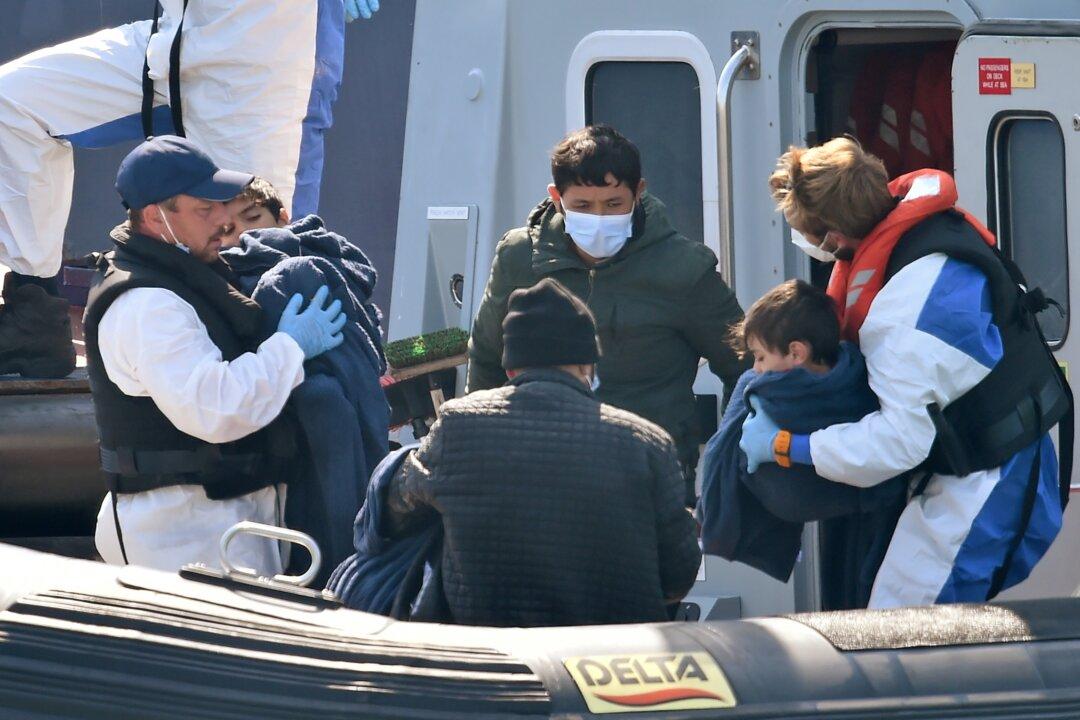Kent County Council’s children’s services is currently hosting almost three times the number of children it can accommodate and can’t accept more lone migrant children, local officials of the southeast English county said on Tuesday.
The announcement came as the number of unaccompanied asylum-seeking children (UASC) arriving in the UK reached a record high, and a row broke out between the UK and France over which country should take the migrants.





